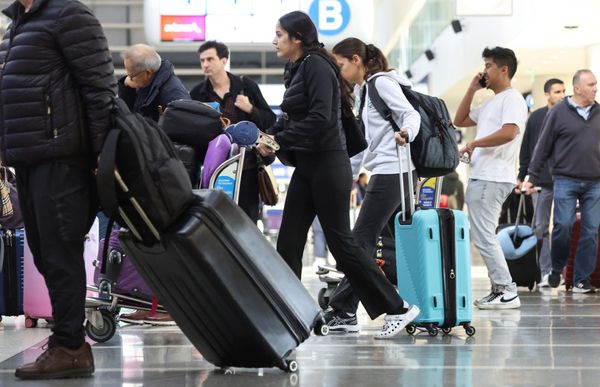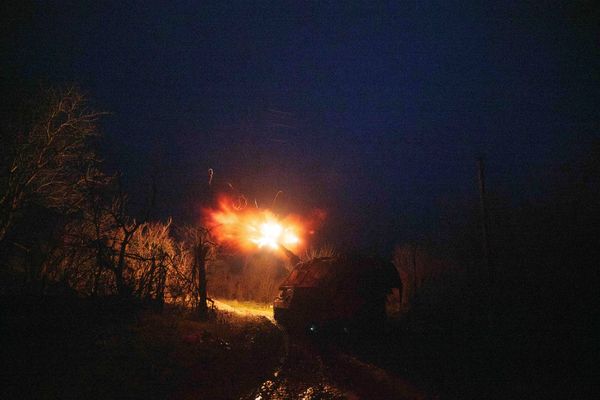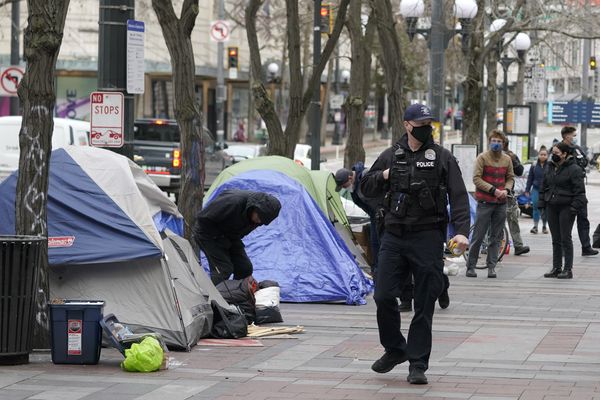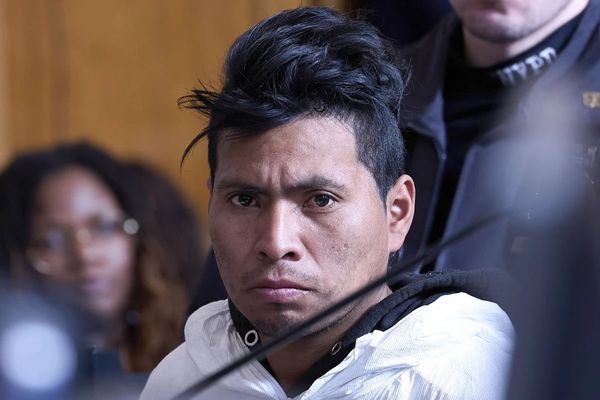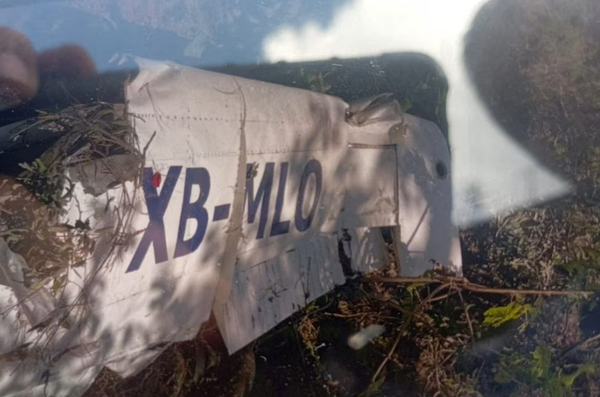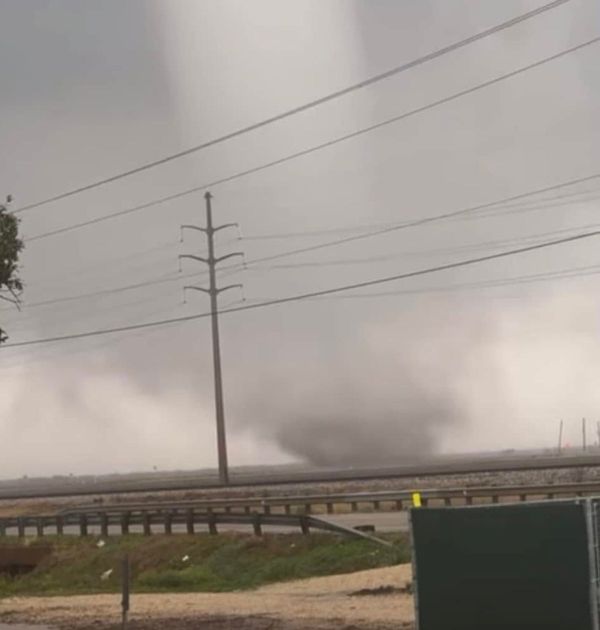After years of stonewalling, members of the indigenous Garasiya tribe, in the north-western Indian state of Rajasthan, have finally accepted immunisation.
As the second wave of Covid hit India in April of last year, Papli Bai vehemently refused to get vaccinated.
“I shouted at the health workers who came to our village. The male folk threw stones at them to shoo them away,” Papli told RFI.
Like many in the Indigenous Garasiya community, she believed it was the vaccine which was causing people to fall ill and, in some cases, to die.
On another block, Keli Bai and her sister, Puli, shut the doors on health workers.
Historically, the Garasiya community has had a fear of syringes. It stems from a mixture of mistrust in western medicine, and faith in traditional medicinal practices. This has led to low vaccine coverage in the tribal areas.
Medical workers along with NGOs sought the help of community workers and faith healers called "bhopas" to convince the Garasiya community.
#Tribal #Garasiya leader, influencers #SarmiBai, Navli dance, sing to bring in awareness on #CovidVaccination in villagers in Abu Road, #Rajasthan. Initiative led by #NGO #JanChetanaSansthan supported by @UNICEFIndia on ground. @mansukhmandviya pic.twitter.com/SBcgoDW0ys
— bala chauhan (@balachauhan) March 19, 2022
Dangers explained
Richa Audichya is with Jan Chetna Sansthan, an NGO that works with the Garasiyas. She says it took months just to get an audience with them and explain the dangers of the disease.
“It was a tough experience but we were happy after some time. Earlier we tried various strategies," Audichya told RFI.
“We stayed in the villages at night, ate with them, danced with them, sang with them but when we talked of vaccination, they would say no.”
There are hundreds of tribes in India, each with their own distinct cultures. Most rely on farming for their livelihood, and live outside of India's mainstream.
That isolation has led to many misconceptions and fears about the pandemic and vaccines, such as the idea that vaccination affects women's fertility and makes men sterile.
Rajasthan is home to more than 82 million people and is predominantly rural, with nearly 75 percent of its population living in villages.
Many tribal people are settled in the southern region, where tribes such as the Bhil, Meena and Garasiya have made their place in the lap of the Aravalli hills. They make up nearly 14 percent of the state’s population.
Women – harbingers of change
In the Garasiya community, women leaders such as Sarmi Bai have helped the community overcome hesitancy and accept vaccines.
“I had to take my injection in front of many of my tribe members for them to convinced. I came back to them regularly to ensure that it would not have any impact on health,” said Sarmi.
The women leaders also used song and dance in the local dialect to help persuade others. They moved around far-flung villages to spread the word of the importance of vaccines, and other Covid-appropriate behaviour.
These women ambassadors went door-to-door and organised neighbourhood meetings to encourage people to get vaccinated.
What started off as small numbers of tribal folk getting the jab spread far and wide within a few months.
Vaccinations have now reached 75 percent of government targets, according to official records.
It's a number that was virtually unheard of before the multiple interventions were employed.
